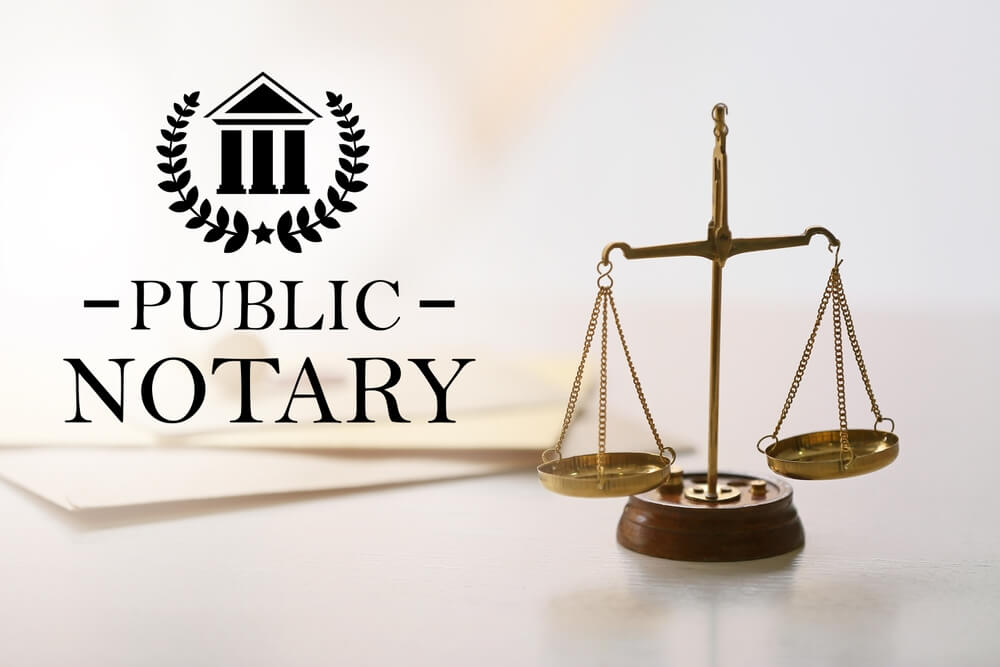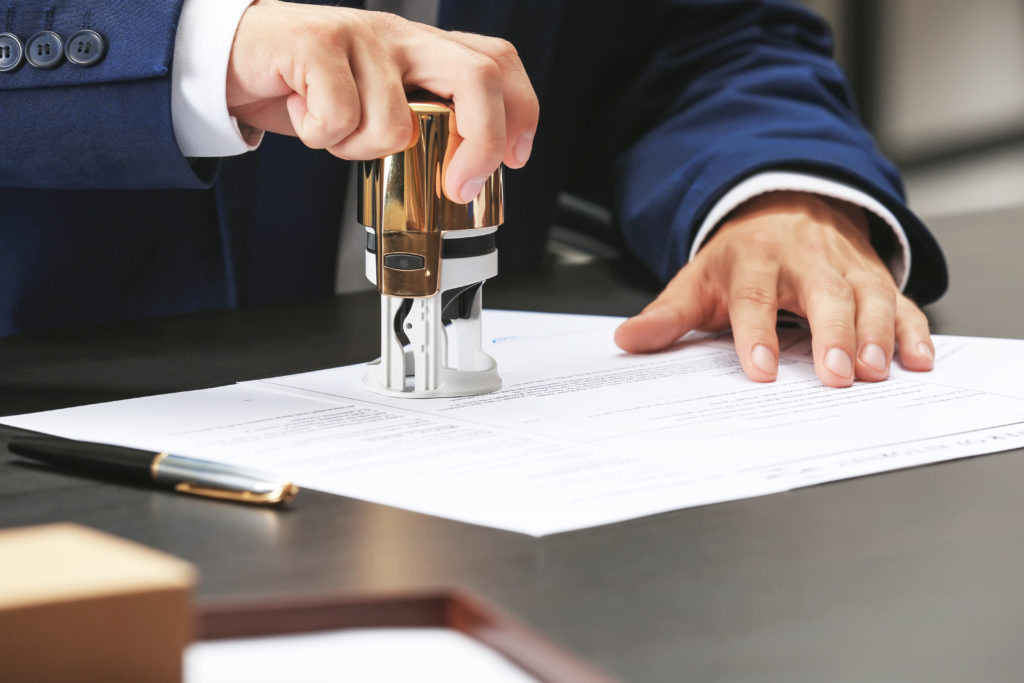Certified Notary Solutions: Ensuring Lawful Authenticity and Protection
Certified Notary Solutions: Ensuring Lawful Authenticity and Protection
Blog Article
Debunking Notarial Work: Simplifying the Function and Relevance of Notaries
Their role, often shrouded in secret for lots of, brings considerable weight in making sure the credibility and integrity of vital documents. By unwinding the intricacies surrounding notarial methods and losing light on the relevance of their acts, a clearer understanding emerges of the important role notaries play in maintaining the material of contractual and legal arrangements.
The Background of Notarial Job
The history of notarial work dates back to old people, where scribes played a critical duty in tape-recording important information and confirming documents. This led to the advancement of notaries, people appointed by the state to act as impartial witnesses in lawful issues.
During the Center Ages, notaries gained prominence in Europe, with their features expanding to consist of preparing legal documents, licensing signatures, and preserving documents. The surge of global trade further emphasized the relevance of notarial job in validating agreements and contracts across boundaries.
In the modern-day period, notaries proceed to play an essential function in legal and organization transactions by validating identities, confirming the authenticity of documents, and stopping scams. Their role in certifying the validity of contracts adds a layer of security and depend the ever-evolving landscape of commerce and law.

Duties and Obligations of Notaries
Notaries play a vital duty in confirming the authenticity of files and the identification of notaries. One of their main responsibilities is to witness the signing of crucial files, such as actions, wills, and contracts, to guarantee that all parties are getting in right into agreements knowingly and willingly.
Furthermore, notaries are entrusted with administering affirmations and oaths, which are critical in lawful process and the implementation of testimonies. They certify duplicates of initial files, giving guarantee to institutions that the copies are real replicas of the originals. Notaries must preserve precise documents of all transactions they manage to guarantee transparency and liability. On the whole, the tasks and obligations of notaries are necessary in protecting the honesty and legality of various files and deals.
Notarial Certificates and Signatures
Exhibiting meticulous attention to detail, notarial certifications and trademarks function as vital elements in validating the authenticity of lawful documents. Notarial certificates usually have crucial information such as the date of notarization, the names of the signatures, a summary of the paper, and the notary's main seal. These certifications offer view publisher site a clear document of the notarial act, making certain that the document can be quickly identified and traced back to the notary who managed the process.
Trademarks play an essential function in notarial job, as they signify the agreement and permission of the celebrations entailed. Notaries carefully witness the finalizing of files to verify the identification of the notaries and verify that they are authorizing of their own free choice. By affixing their main seal and trademark to the document, notaries accredit that the essential procedures have actually been complied with and that the record is legitimate and enforceable.
Basically, notarial certificates and signatures are the hallmark of credibility in legal purchases, supplying assurance to all celebrations included that the files are reputable and binding.
Value of Notarial Acts

Notarization Process Explained
The notarization procedure normally begins with the private providing the record to a notary public. As soon as the identification is validated, the notary makes sure that the individual signing the document does so willingly and without any kind of coercion.

Verdict
Notarial certifications usually have important information such as the day of registration, the names of the signatories, a description of the file, and the notary's official seal. These certifications provide a clear record of the notarial act, making sure that the file can be quickly recognized and mapped back to the notary that supervised the process.
By attaching their official seal and trademark to the document, notaries certify that the needed procedures have actually been complied with and that the document is enforceable and legitimate.
By confirming the identity of the notaries, verifying their readiness to get in into the agreement, and licensing the date and area of the finalizing, notaries play a vital function in promoting the validity of lawful records.After the record is authorized, the notary will affix their official seal or stamp onto the file.
Report this page